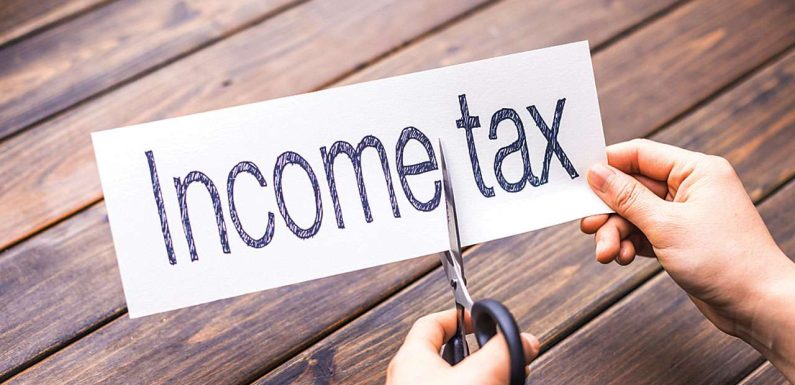
A tax rebate is given to those who pay more in taxes than they owe. In the event of a surplus at the end of the fiscal year, said the surplus is distributed back to the account holders. One’s eligibility for a tax refund is contingent upon one’s filing of a tax return.
Tax Rebate
Tax refunds are given to taxpayers when their actual tax burden is less than the amount of taxes they have already paid. A tax refund is given to the taxpayer when the amount paid exceeds the amount owed. As each fiscal year comes to a close, so do the corresponding tax refunds.
Overpaid taxes and interest could be eligible for a refund in India. You must file your tax return by the deadline to get a refund. If your income is within the legally required tax bracket, you may be entitled to a refund.
Be sure to click here, to avail more detailed information about Tax Rebate.
Help To Get A Tax Return
When you ask HR about getting a refund, he’ll take care of everything related to the deduction and exemption. If your employer did not withhold enough money from your paychecks during tax season, you will need to pay it when you file your tax return.
A taxpayer must meet all of the following requirements to claim a tax credit and receive a tax refund under Section 87A of the Income Tax Act.
- Whoever can prove that they are legally residing in India
- Your yearly income is less than 5 million rupees after accounting for taxes and other expenses.
- 12,000 is the highest possible sum that could be repaid. If you owe less than Rs. 12,500.00 in taxes, you are eligible for a complete refund under Section 87A of the Income Tax Act.
- A 4% surcharge will be applied to an individual’s tax liability after any tax refunds have been subtracted.

